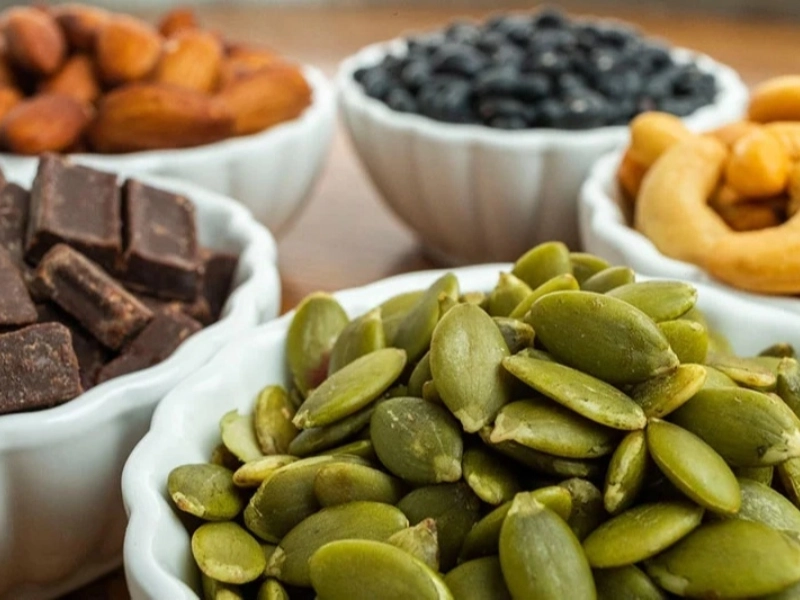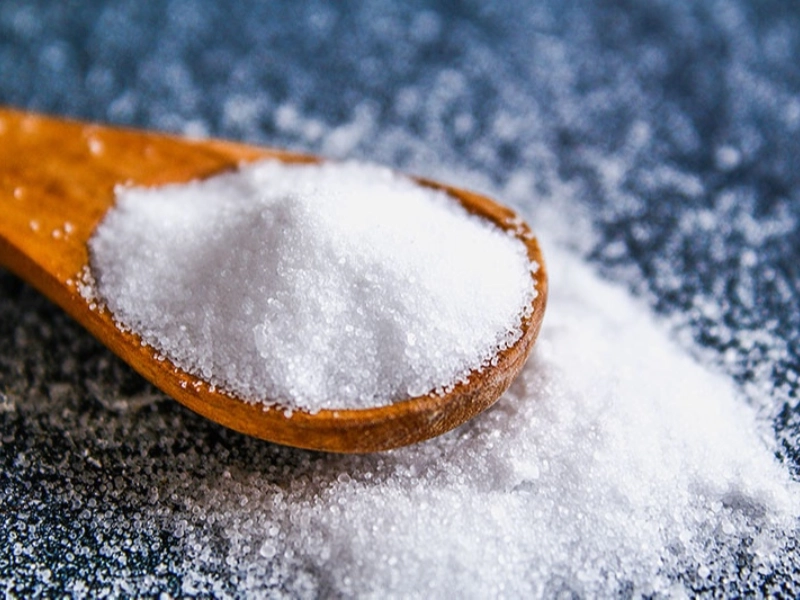Do Trace Elements Help Reduce Blood Pressure?
Advertisement
calcium

Advertisement
Calcium is an important mineral required for a strong skeleton and other vital functions of the body. It helps muscles move, nerves send information throughout the system, and blood vessels flow. Calcium can ensure these processes run smoothly throughout the system. People with
low calcium intake in their diet usually develop high blood pressure. Calcium supplements help reduce systolic and diastolic pressure in these people.
magnesium

Magnesium is an important mineral that helps regulate blood pressure, control blood sugar levels, and support proper muscle and nerve function. Magnesium also plays a key role in energy production and metabolism in the body.
Magnesium deficiency can manifest as nausea, vomiting, fatigue, muscle cramps, and irregular heartbeats. Magnesium deficiency can also cause high blood pressure.
Research shows that increasing dietary magnesium intake can lower the risk of high blood pressure, osteoporosis, type 2 diabetes, and migraines. It may also help lower blood pressure when taking medications for other conditions, such as ACE inhibitors and calcium channel blockers.
potassium

Potassium is a key nutrient for our health, helping to control fluid balance and blood pressure, supporting heart and kidney function, helping muscles contract and transmit nerve signals, and maintaining bone density. Eating lots of fruits, vegetables, and low-fat milk every day is the best way to get enough potassium. Although the
exact cause of this correlation between potassium and blood pressure has yet to be determined, getting more potassium in your diet may lower your risk of developing high blood pressure. This may be because potassium helps remove excess sodium from the body, which can cause high blood pressure in susceptible individuals.
sodium

While your body needs small amounts of sodium to function properly, too much sodium can lead to high blood pressure, heart disease, and stroke -- two diseases that claim more lives each year than any other cause.
Research shows that reducing your sodium intake can significantly lower your blood pressure, and may even help protect you against heart disease and stroke.
You May Like
Advertisement







